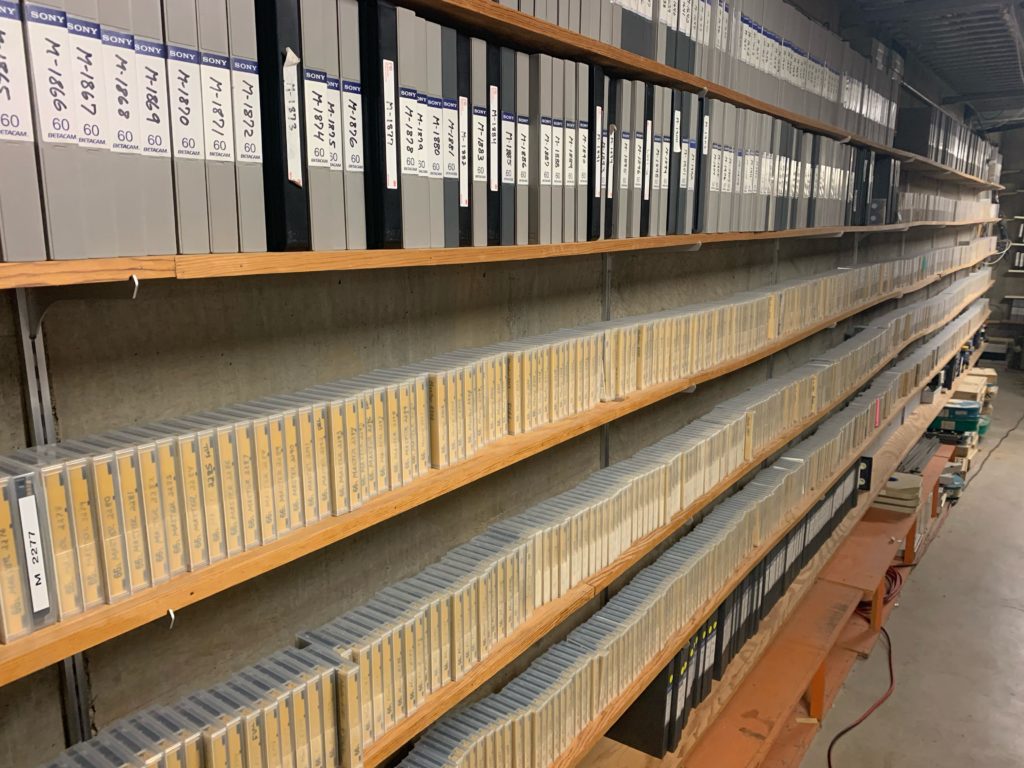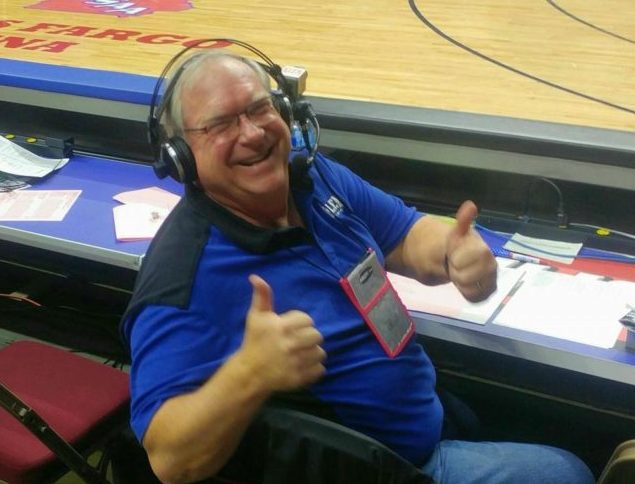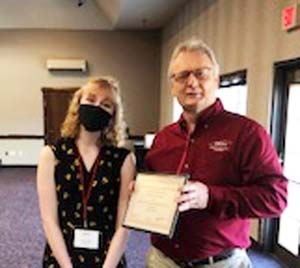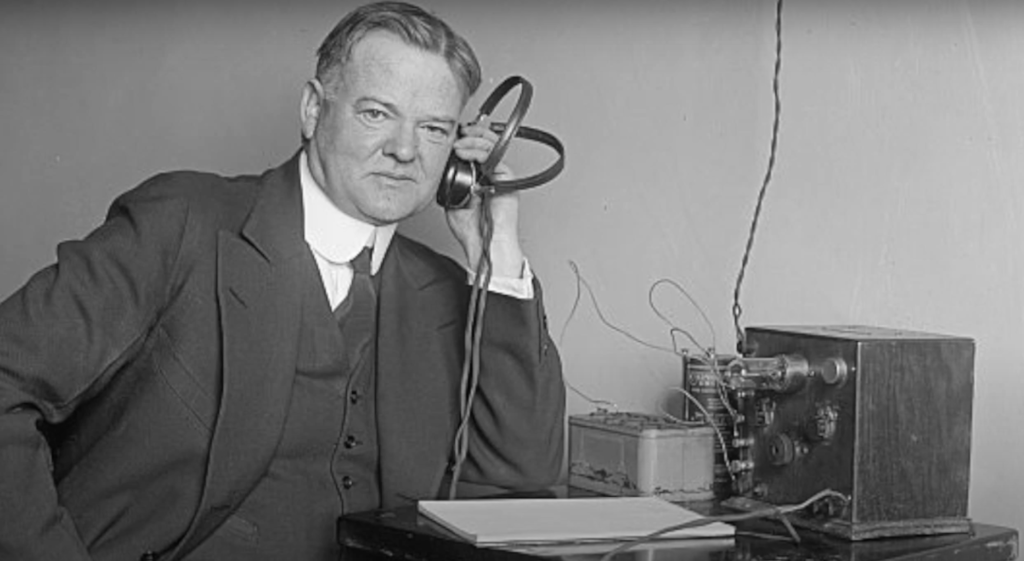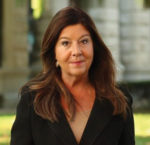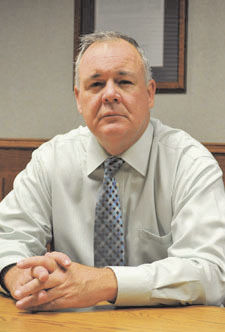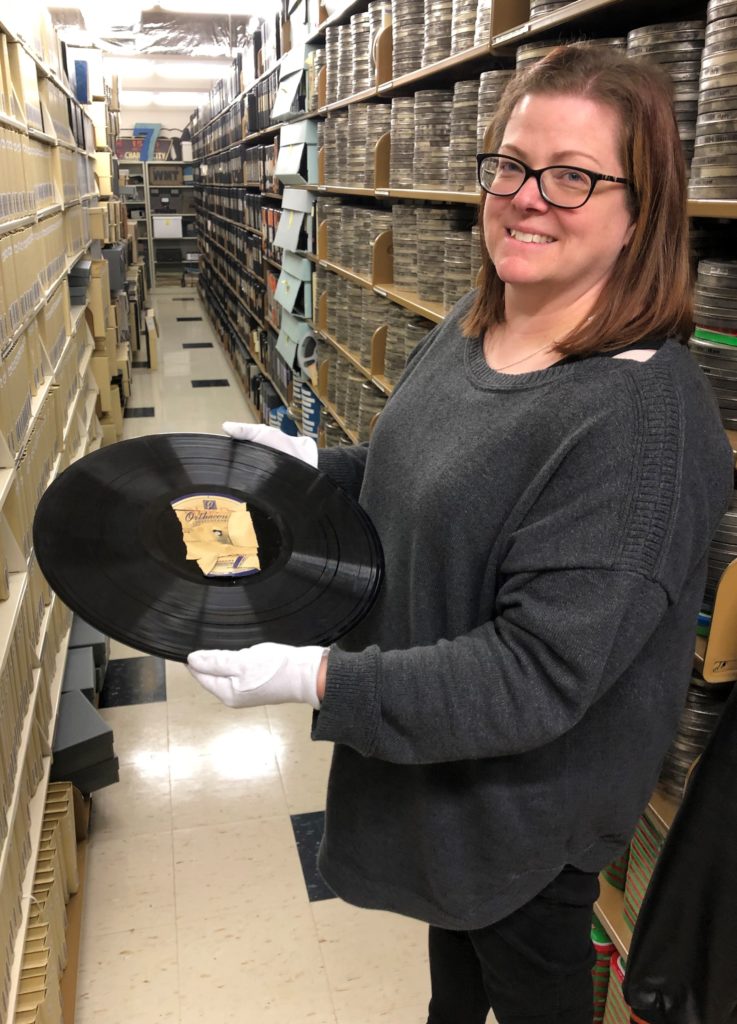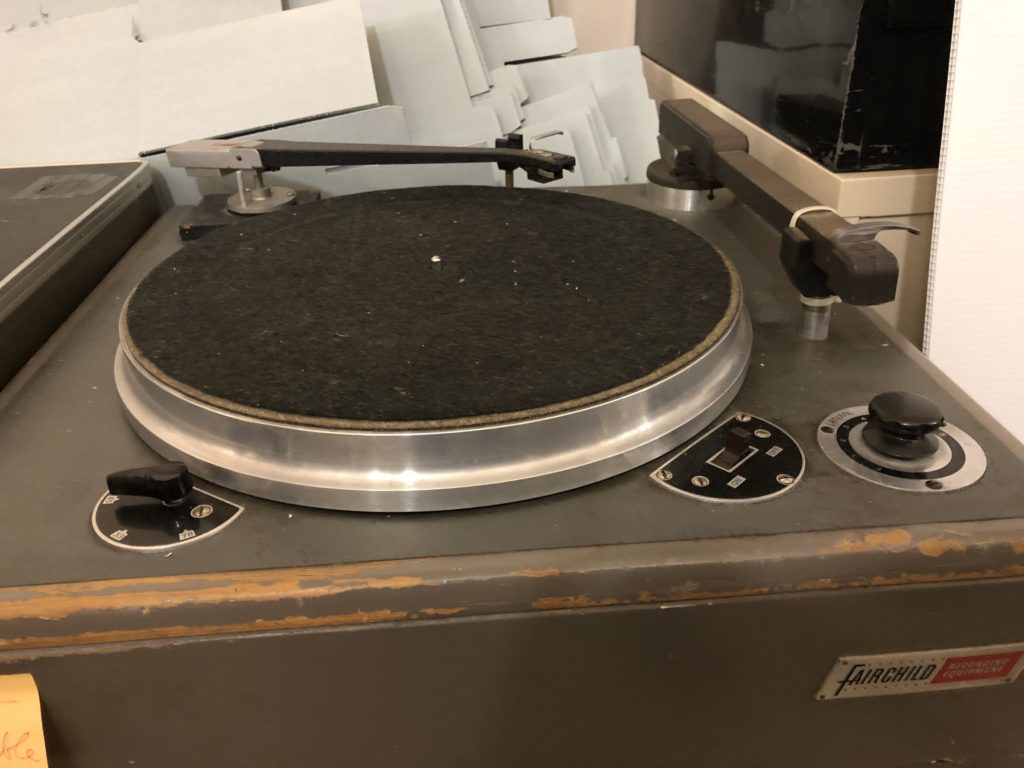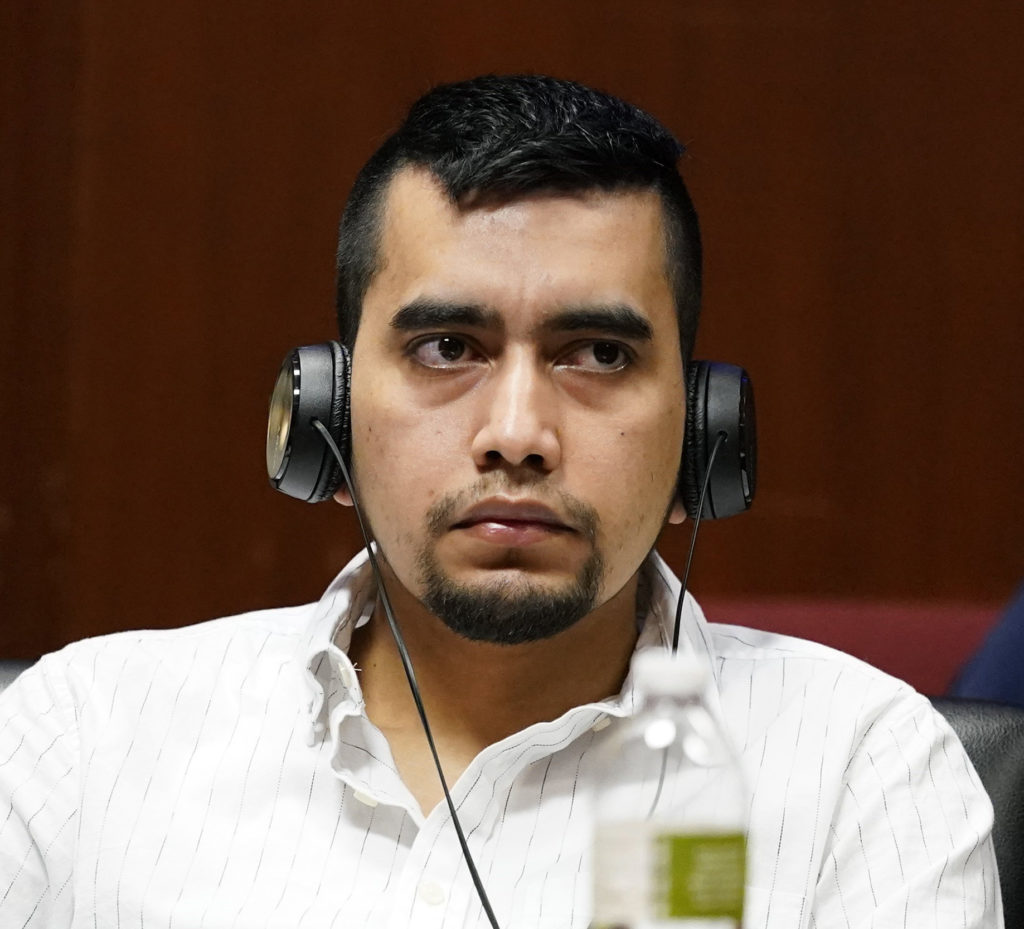
Making arrangements for expanded media coverage of the Cristhian Rivera murder trial was perhaps one of the toughest challenges for the man in charge of handling the microphones and cameras in the courtroom.
Mike Ortiz is the media coordinator in the region that includes Davenport, where the trial was held. He’s been the media coordinator for 20 years, but this trial had much more attention than any of the others he’s organized.
Six TV stations, the Fox affiliate from Chicago, radio stations, and newspapers had all filed requests to cover the trial with expanded media coverage, allowing TV cameras and still cameras to be used in the courtroom. While Ortiz handled the arrangements “on the ground” in Davenport, Kyle Ocker of the Ottumwa Courier handled the paperwork and organized the print reporting pool coverage. Ocker is the media coordinator for the region where the trial was originally going to be held before it was moved to Davenport on a change of venue.

Rivera is the 26-year-old illegal immigrant from Mexico who was convicted on May 28 of the murder of Mollie Tibbetts of Brooklyn, Iowa. The case generated national interest, including comments from then President Trump, because of concerns over illegal immigration.
“We went to like a month and a half of meetings trying to figure out how we were going to do this and trying to prepare and making sure of how many TV stations are coming down. So it was a challenge,” Ortiz said. Ortiz is a photographer at KWQC-TV in Davenport and volunteers as the media coordinator.
Complicating planning for coverage were COVID-19 protocols requiring spacing out of trial participants. Ortiz said jurors were not in the jury box, but instead spaced out in the gallery area of the courtroom. Because of a renovation project at the courthouse, the only two other available rooms were reserved for family members to watch the trial via a closed-circuit feed, he said.
Normally, expanded media coverage trials have one video camera operated by a photographer in the back of the courtroom. A cable from the camera is run to another room and into a box that reporters plug into to record the trial proceedings. TV stations take turns each day providing the camera and photographer in the courtroom.
Fortunately, Ortiz said, Court TV became interested in televising the trial. Court TV is a cable channel that broadcasts trials live from across the country.
“They were excellent to work with, some really nice people who bent over backwards to help us out,” Ortiz said. He says IT workers at the courthouse also provided invaluable assistance.
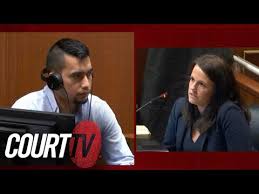
Court TV installed three remote-controlled cameras in the courtroom that were operated from a switcher set up in another room. The feed was then sent to a production truck outside the building and from there fed to reporters in their cars and trucks parked a block away.
There was one major glitch in the trial coverage, Ortiz said. A photographer from the Daily Iowan student newspaper took pictures of jury members. That’s not allowed under the expanded media coverage rules and Judge Joel Yates became angry, threatening to put the photographer in jail.
Following a meeting between Yates and Ortiz, the photographer erased the pictures from her camera. She was visibly shaken, Ortiz said, but the judge called her a few days later and told her, “We all make mistakes, and she would go on to bigger and things. I thought that was really classy of the judge,” Ortiz said.
Overall, though, Ortiz said things went well. “It was a good experience, and a lot of work just trying to make sure that everybody was getting what they needed and just trying to keep things so that there were no problems.”
How TV stations covered the trial (Clicking links will connect to verdict coverage)
KWQC, Davenport, recorded the trial at their station from the Court TV feed and used the video in their newscasts, Mike Ortiz said. The station live streamed the entire trial on its website and a reporter tweeted developments. They did not break into regular programming with live trial coverage.
WQAD, Moline, picked up the Court TV feed at the courthouse and a photographer then relayed it back to the station via their live truck and a repeater. At the station, their main co-anchor recorded and logged the trial at her desk. She reported the stories from the anchor desk and reported live from the courthouse during the opening statements and the closing arguments. It worked out well logistically, assistant news director Andy McKay said, since reporters weren’t allowed in the courtroom. The station live streamed the entire trial on their website and You Tube. Their anchor also tweeted updates during the trial.
WHBF, Rock Island, had a reporter at the station record and log the Court TV feed for use in their stories. Chief Photographer Bryan Bobb said he was at the courthouse to relay the feed from their live truck to the station. They did have a crew at the courthouse when the verdict was announced. The station did not live stream the trial on its website.
WHO, Des Moines, sent a reporter to Davenport who was assisted by a photographer from their sister station WHBF. She reported live during the station’s newscasts. WHO news director Rod Peterson says they only broke into regular programming to carry the verdict. “We decided in fairness, it didn’t make sense to break in as others did for just part of the trial,” he said. “I said to our general manager ‘is it making an editorial decision or showing any kind of bias (by not showing all of the trial).’” Peterson says they did carry Court TV’s coverage of the entire trial on one of their sub-channels. They also live streamed the trial on their website.
KCCI, Des Moines, had a reporter and photographer at the courthouse for the duration of the trial and provided live reports during their newscasts. The station broke into programming to carry the opening statements from both sides, Rivera’s testimony, closing arguments, the verdict, and post-verdict news conferences. “We are proud of our coverage; we were the most committed of any station in Iowa,” Allison Smith, KCCI news director, said. KCCI also live-streamed the entire trial on their website.
KCRG, Cedar Rapids, dedicated two people to trial coverage: a reporter to watch a live feed at their station, and an anchor who worked with a local defense attorney to provide analysis of the “legal nuts and bolts process and how that worked,” news director Adam Carros said. They sent a crew to Davenport two or three times, he said. KCRG broke into programming to air live the opening statements, closing arguments, and the verdict. They live-streamed the entire trial on their website and You Tube. And, they had a daily 20-minute summary of trial testimony on Facebook live during the lunch hour.
KGAN, Cedar Rapids, had a crew in Davenport for the entire trial. They reported live from Davenport during their noon, 5 and 6 p.m. newscasts, with taped reports in their other newscasts. They broke into programming at the beginning of the trial and for the verdict, live-streamed the entire trial on their website and Facebook, and live tweeted. KGAN is owned by Sinclair Broadcasting and News Director Kristen Hamilton says her station provided reports to four other Sinclair owned stations, and for Sinclair’s national morning show.
KWWL, Waterloo, had a photographer and reporter in Davenport for the entire trial. They did live shots for their noon, 5, 6, and 10 o’clock newscasts. News Director Allison Gibson says they interrupted programming to carry the jury’s verdict live. They live-streamed the entire trial on the station’s website and live tweeted. Gibson says they also provided reports for sister stations in Sioux City and Rochester, Minn. “We ended up covering the case from our news vehicle,” Gibson said. “They were emphatic that if we wanted to cover the trial, we had to be there in person,” she said. “To not be inside and yet to be required to be seated in the parking lot is a bit unusual,” she said. “It was about the huge amount of outside interest and capacity and COVID and all of that, I get it, but I just really am hoping that we’ll be able to get back to normal very soon.”
There were no radio reporters on-site at the trial. Dar Danielson of Radio Iowa says they used soundbites taken from the Court TV feed and thinks that’s probably what other radio stations did as well.
Print media relied on one pool reporter and one still photographer allowed in the courtroom to provide information and photos to other newspapers.
